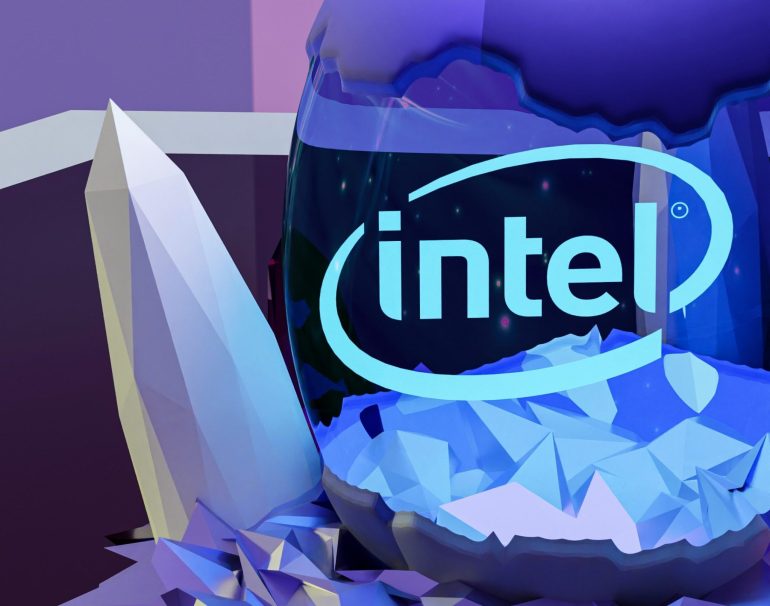- Intel declined a chance to invest in OpenAI between 2017 and 2018.
- A focus on short-term returns over long-term potential in generative AI drove the decision.
- By 2024, OpenAI had become a leader in AI, valued at $80 billion, while Intel struggled to keep up in the AI chip market.
- Intel’s market value dropped below $100 billion for the first time in 30 years, with significant layoffs announced.
- The missed opportunity highlights Intel’s broader challenge of balancing immediate financial goals with strategic investments in emerging technologies.
Main AI News:
In the fast-moving world of technology, missed opportunities can be costly. Once a semiconductor giant, Intel faced such a moment between 2017 and 2018 when it declined a chance to invest in OpenAI, a decision that would later haunt the company.
Reports reveal that Intel had the opportunity to acquire a 15% stake in OpenAI for $1 billion, with an option for an additional 15% by producing hardware at cost. At the time, OpenAI was a small, non-profit entity focused on generative AI, a field seen as speculative. Under CEO Bob Swan, Intel passed on the deal, prioritizing short-term returns over long-term potential.
By 2024, the consequences were evident. OpenAI, now valued at $80 billion, leads the AI revolution, while Intel struggles to keep pace in the AI chip market, overshadowed by Nvidia’s $2.6 trillion market cap.
This isn’t Intel’s first missed opportunity; it also passed on producing processors for Apple’s iPhone, losing out on the mobile computing boom. These decisions reflect a company that once led innovation but now struggles to capitalize on emerging technologies.
Intel’s market value has fallen below $100 billion for the first time in 30 years, and it recently announced significant layoffs following disappointing earnings. The company plans to launch its third-generation Gaudi AI chip this year, but it’s still being determined if this will help regain lost ground in the competitive AI hardware market.
Conclusion:
Intel’s decision to pass on investing in OpenAI underscores a critical misstep in recognizing the potential of generative AI. For the market, this highlights the importance of early investment in disruptive technologies to maintain a competitive edge. Companies that prioritize short-term gains at the expense of long-term innovation risk being outpaced by more forward-thinking competitors. As AI continues to transform industries, the ability to identify and act on groundbreaking opportunities will be vital to staying relevant in an increasingly competitive landscape. This serves as a cautionary tale for tech giants and investors alike, emphasizing the need for visionary leadership and strategic foresight in navigating the future of technology.

